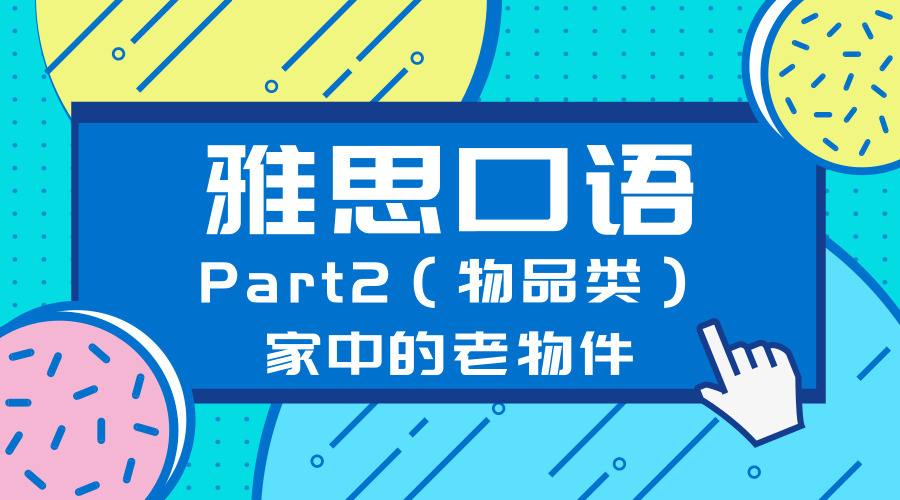 免費(fèi)試聽(tīng)
免費(fèi)試聽(tīng)
 您現(xiàn)在的位置:今日網(wǎng)校 > 雅思 > 2020年全國(guó)新東方在線雅思口語(yǔ)part2必考話題匯總
您現(xiàn)在的位置:今日網(wǎng)校 > 雅思 > 2020年全國(guó)新東方在線雅思口語(yǔ)part2必考話題匯總 
 名師輔導(dǎo)
環(huán)球網(wǎng)校
建工網(wǎng)校
會(huì)計(jì)網(wǎng)校
新東方
醫(yī)學(xué)教育
中小學(xué)學(xué)歷
名師輔導(dǎo)
環(huán)球網(wǎng)校
建工網(wǎng)校
會(huì)計(jì)網(wǎng)校
新東方
醫(yī)學(xué)教育
中小學(xué)學(xué)歷